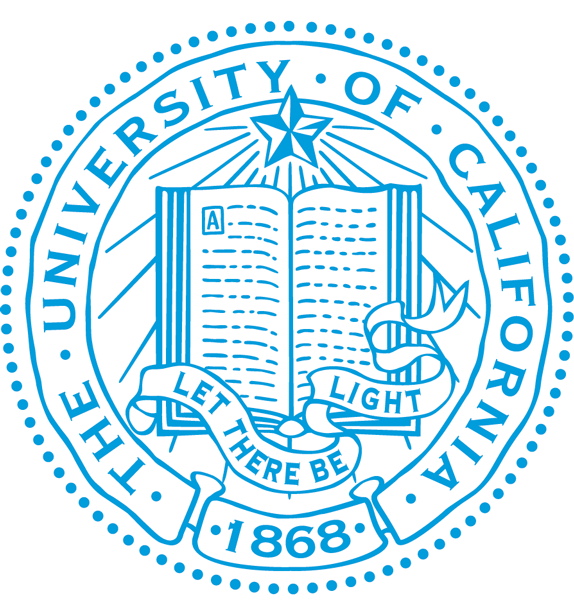A Leadership Program for High School Girls Who Want to Make a Difference
Through mentorship, grants, and leadership training, HERlead inspires young women to begin their journey as the next generation of leaders.
The 2019 HERlead Application is NOW OPEN!
The HERlead Fellowship is a groundbreaking partnership between Vital Voices Global Partnership (“Vital Voices”), the preeminent non-governmental organization whose mission is to search the world for women leaders with a daring vision, then partner with them to make that vision a reality through grants, skill-building training, network expansion, mentorship and guidance – accelerating change on a global scale, and the Ann Taylor, LOFT, and Lou & Grey retail brands, which are operated by AnnTaylor Retail, Inc. (“ANN”), and indirect subsidiary of ascena retail group, inc (“ascena”).
The HERlead Fellowship is designed to equip young women with the leadership skills they need to effect global progress, invest in their communities – to date, more than 246 social impact projects received funding through HERlead Fellowship Grants – and continue their journeys as the next generation of leaders. Here’s how it works:
WHAT IT IS:
A fellowship to provide leadership training to young women, empowering them to become the next generation of global trailblazers.
WHY PARTICIPATE:
Learn from inspiring women leaders from around the world and participate in Vital Voices’ signature leadership model training program. Attend the HERlead Leadership Forum and become eligible to win a HERlead Grant to put your ideas into action.
WHO SHOULD APPLY:
Girls in the 10th or 11th grade at a high school in the United States, Puerto Rico or Canada.
DATES & DEADLINES:
The HERlead Fellowship Application will open in January, and close Friday, March 8th. The 2019 Leadership Forum will take place June 24-27, 2019 in New York City.
DETAILS:
We are searching the country for young women leaders who are committed to reshaping the world and making positive and sustainable change. We will select 30 applicants to be the 2019 Fellows. If you are selected, you will join an elite group of rising stars, where you will be given the skills, tools, and training needed to realize your full leadership potential.
AS A HERLEAD FELLOW, YOU WILL:
• Participate in the HERlead Leadership Forum, a four-day leadership training program in New York City, from June 24-27, 2019.
• Obtain skills and networks to take on leadership roles in your schools and companies.
• Be mentored by global women leaders who are part of the Vital Voices Global Leadership Network, as well as AnnTaylor Retail Inc. Representatives.
For more information, an Overview of the Program, a Sample Application, Grant Information and HERlead Social Media Tips, see the HERlead TOOL KIT.
After completing the leadership training program, you will return to your community and have the opportunity to use what you learned at the Forum to create a project that will effect change. You are also eligible to receive a HERlead Grant that will further help you turn your ideas into action.
To be considered, you must demonstrate a strong commitment to leadership and potential for creating innovative solutions to problems in your community. You must have a proven track record in your academic work and interest in extracurricular activities. Are you up for the challenge? For questions about the application, please see APPLICATION FAQS.
Want information on amazing extracurricular, leadership and other opportunities for high school students—or suggestions for your student specifically? Contact us!
*Stay in the know! Subscribe for news, tips, and advice*








